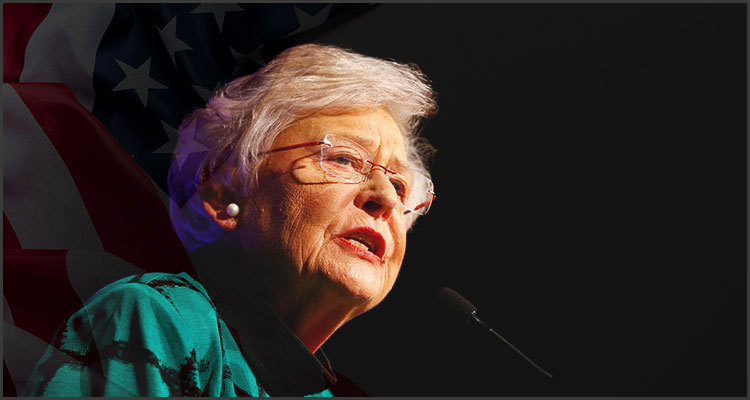

Lotteritilsynets Gambling Filter App
Legal definitions Lottery – a game with established rules where players buy tickets for a chance to win cash or other merchandise prizes. Gambling – a game or mutual bet according to established rules whose participants, seeking monetary gain, voluntarily risk losing an amount they have paid in, and where winning or losing is determined by chance, by some event, or by the result of a sport competition. | |
What they have in common
| How they differ In a lottery, players compete against other players. A lottery’s prize fund is set in advance and the lottery operator does not participate in the game. In gambling, players compete individually against the gambling operator. It is in the gambling operator’s interest to win against the players. |
Levels of thrill depend on a combination of these key factors: 1. The price to participate in a game and the size of the prize. The smaller the cost of playing a game and the bigger the prize (the amount that can be won), the more participants are drawn in (and vice versa). | |
Principals for the taxation of lottery and gambling operators | |
Lottery operators What is taxed is sales revenue: | Gambling operators There are two bases of taxation: |
Example A lottery operator sells EUR 1000 worth of lottery tickets. 13% of that revenue, i.e. EUR 130, will go to good causes: EUR 50 will be paid into the state budget as a lottery tax and another EUR 80 will go to charity or sponsorships. | |

Lotteritilsynets Gambling Filtering
| Lotteries | Remote gambling | Gambling | |
Sales revenue, EUR | EUR 100 | EUR 100 | EUR 100 |
Winnings, EUR | EUR 50 | EUR 90 | EUR 90 |
Total taxes, EUR | EUR 13 | EUR 1 | EUR 1.5 |
Lotteritilsynets Gambling Filters
Arguably the most important reason for why gambling is banned in several countries and strictly regulated in most civilized ones is that it frequently leads to addiction. When it comes to lottery, players usually have a laid-back approach and this is the result of accepting the fact that they start as huge underdogs. The most reliable killer of people with gambling problems can be summed up in a single word: debt. Because once negative equity enters the picture, gambling addiction moves into a category of its own. Related Stories. Police officer sent to rehab for playing scratch-off lottery tickets on duty, lawsuit claims Jul 17, 2019; 18 arrested in illegal lottery bust in New Jersey Apr 3, 2017; Police. Three winning numbers among ten: (10,6,3,3,10) a 3if3of6in10numbers wheel takes 10 lines to guarantee a 3# prize worth about $4.50 to $5.50 in U.S. Pick-6 games depending on size, some pay only a. Legal definitions. Lottery – a game with established rules where players buy tickets for a chance to win cash or other merchandise prizes. Gambling – a game or mutual bet according to established rules whose participants, seeking monetary gain, voluntarily risk losing an amount they have paid in, and where winning or losing is determined by chance, by some event, or by the result of a.